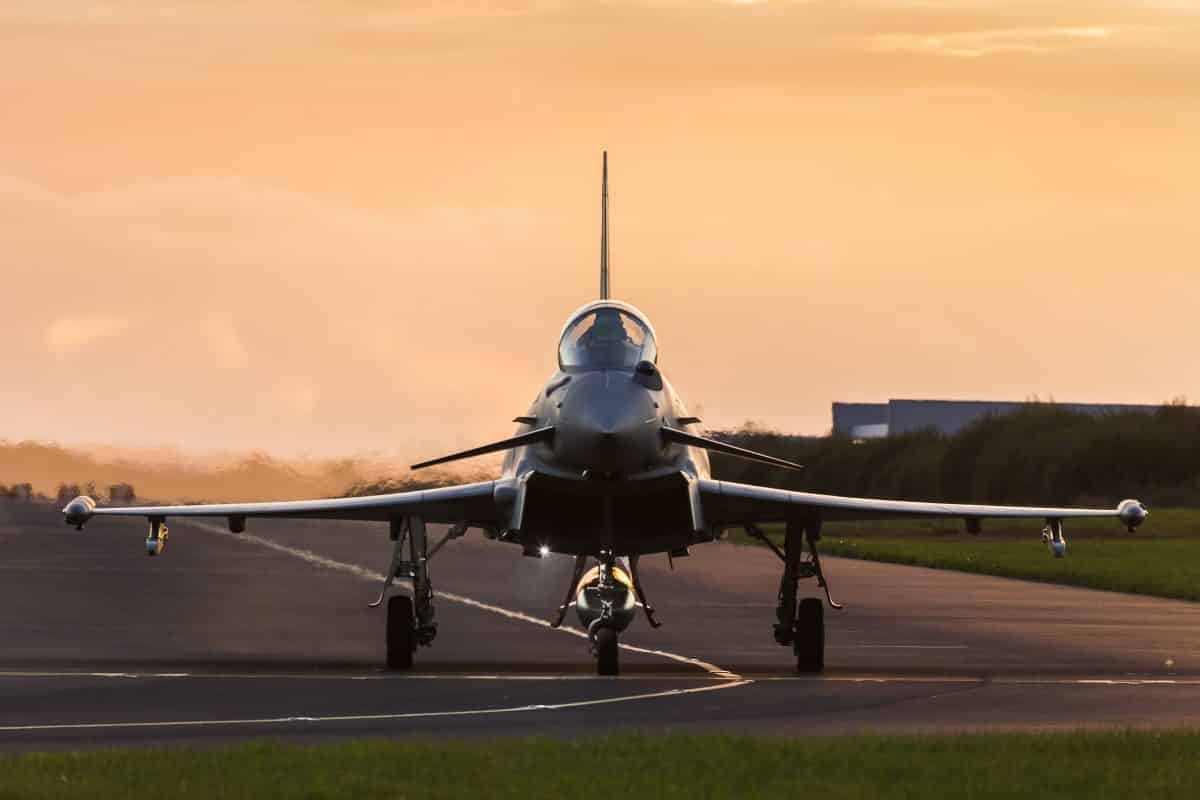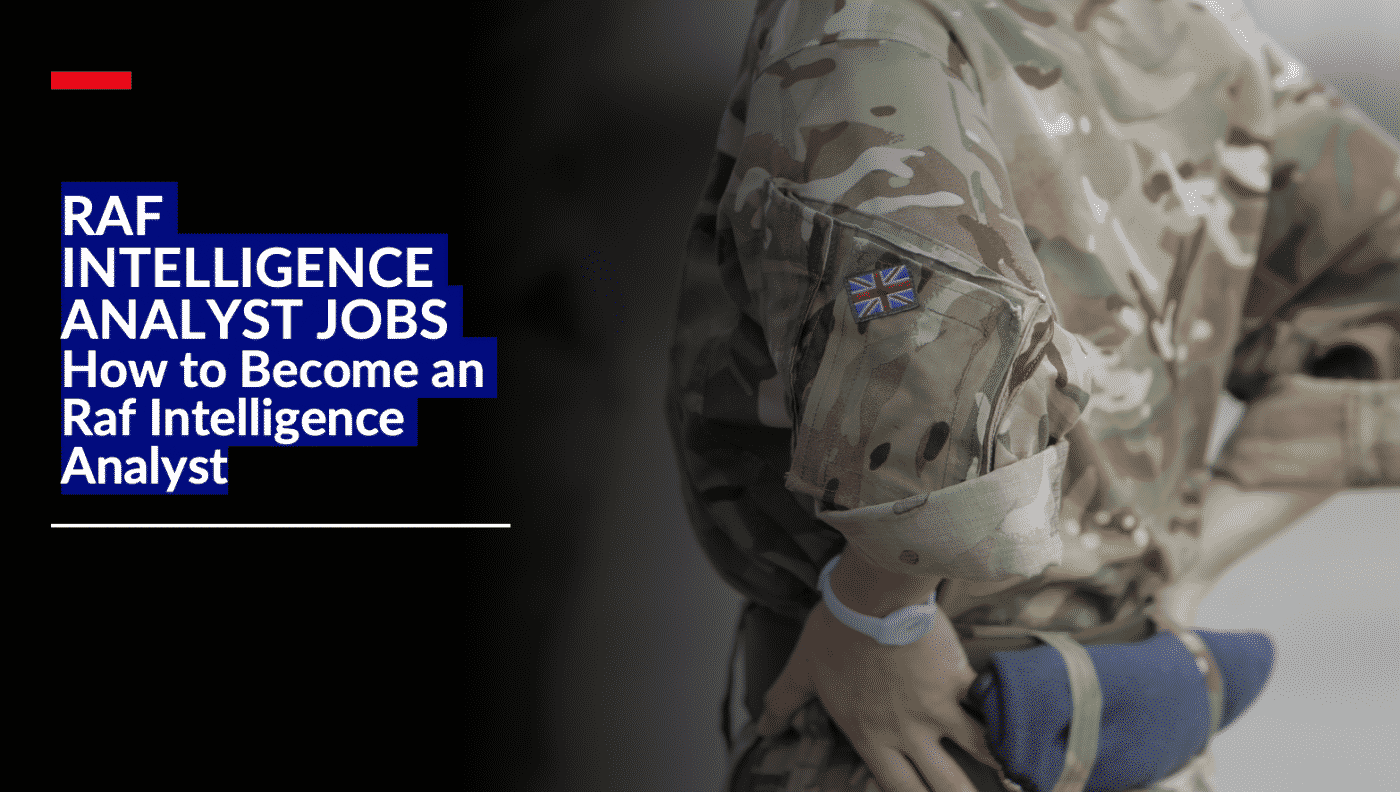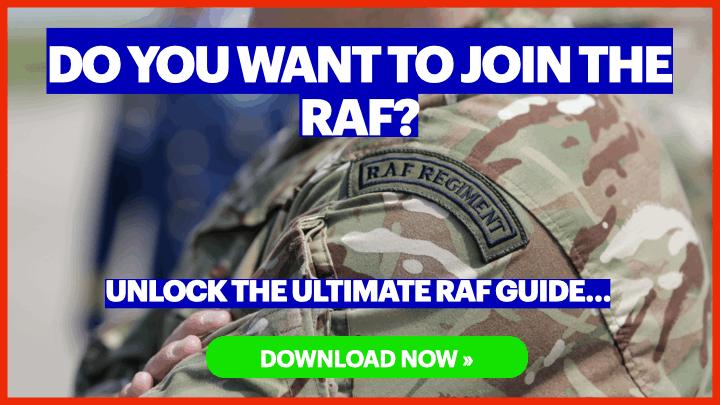The role of an RAF Intelligence Analyst is critical to the overall success of Royal Air Force Operations. You will be responsible for using advanced and cutting edge technologies to gather and disseminate information that is then used to provide the RAF with essential intelligence designed to enhanced worldwide operations.
To become an RAF Intelligence Analyst you will need a unique set of skills, and you will also be required to meet the RAF minimum eligibility requirements, pass the RAF Airmen Test and also pass an RAF selection interview.
RAF Intelligence Analyst Minimum Eligibility Requirements
- Be between the ages of 17.5 and 47.
- Be a UK citizen from birth.
- Be in possession of a GCSE Grade C or above in both English and Maths.
- For applicants from Scotland, have a National 5 in English and Mathematics.
- Lived in the United Kingdom for a minimum of 7 years immediately prior to applying to become an RAF Intelligence Analyst.
- Your parents or spouse must have UK citizenship.
- Pass the minimum medical and health requirements.
- Pass the RAF Airmen Test.
- Pass a selection interview for the Royal Air Force.
- Be prepared to serve a minimum of 3 years immediately after Phase 2 of RAF training.
RAF Intelligence Analyst Responsibilities and Duties
- Gather and assess intelligence and key information from a range of different sources;
- Listen to, assess and monitor transmissions from radio and electronic devices globally in order to analyse key information;
- Use the information gathered from satellite imagery using the skills you have learned during RAF training;
- Pass on the information you have gathered in a disseminated format to RAF Commanders, Officer’s and troops on the ground and in the air to facilitate the successful completion of military operations.
As a Royal Air Force (RAF) Intelligence Analyst, you will be required to utilise information and data from a wide range of sources, including satellite imagery, radio transmissions and also electronic devices. In order to complete the tasks of an RAF Intelligence Analyst, you will need to use careful listening, analytical and disseminating skills to obtain the information needed to help complete difficult and challenging operations. You are, essentially, the eyes and ears of the Royal Air Force.
Individuals will carry out his or her duties 24 hours a day, 7 days a week and 365 days a year. It is a very important task that requires constant attention to detail skills and careful analysis of key intel. The role requires you to assess risks, key threats and core information from around the world before passing it on to relevant operational RAF units and commanders.
RAF Intelligence Analysts often work in conjunction with Senior RAF Officer’s and Commanders to enable them to make key decisions both on the ground and in the air. The role comes with a huge amount of responsibility, so you will have to make sure you are up to the challenge and prepared to carry out your duties accurately and in line with RAF operational protocol and policy.
As part of the RAF selection process, you will be required to attend an interview that assesses your motivations for joining the RAF, why you want to join the Royal Air Force, why you want to become an Intelligence Analyst and also which parts of your training you will find the toughest.
The following is a list of interview questions we recommend you prepare for:

RAF Intelligence Analyst Interview Questions
As part of the selection and application process, you will need to undergo an interview. Here are some RAF interview questions to help you prepare:
- Why do you want to become an RAF Intelligence Analyst?
- What does the role of an RAF Intelligence analyst involve?
- Why do you want to join the Royal Air Force?
- What are the skills and qualities needed to become an RAF Intelligence Analyst?
- Name as many RAF airbases as possible?
- What are your strengths that will help you to become an RAF Intelligence Analyst?
- What’s your biggest weakness?
- Tell me what you know about the history of the RAF?
- What do you know about RAF training?
- Which parts of your training do you think you will find the toughest?
- What are your future career plans?
- Tell me what responsibilities you have had in your life to date?

